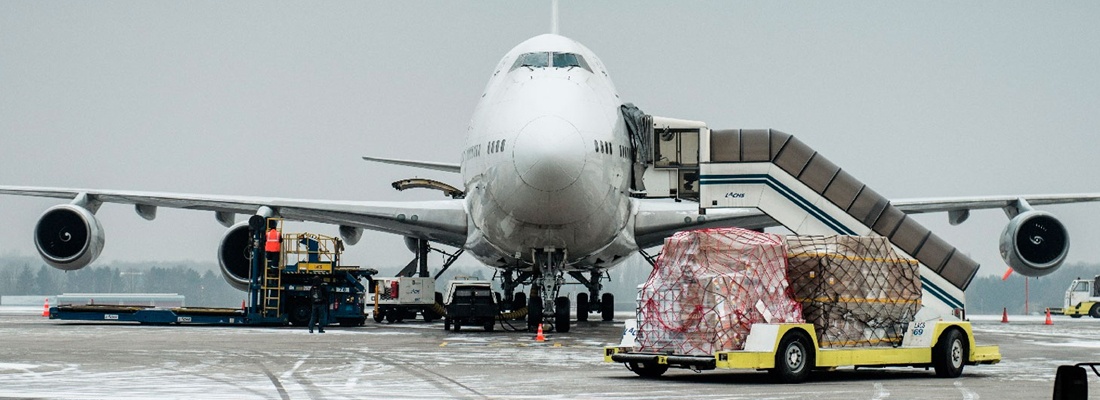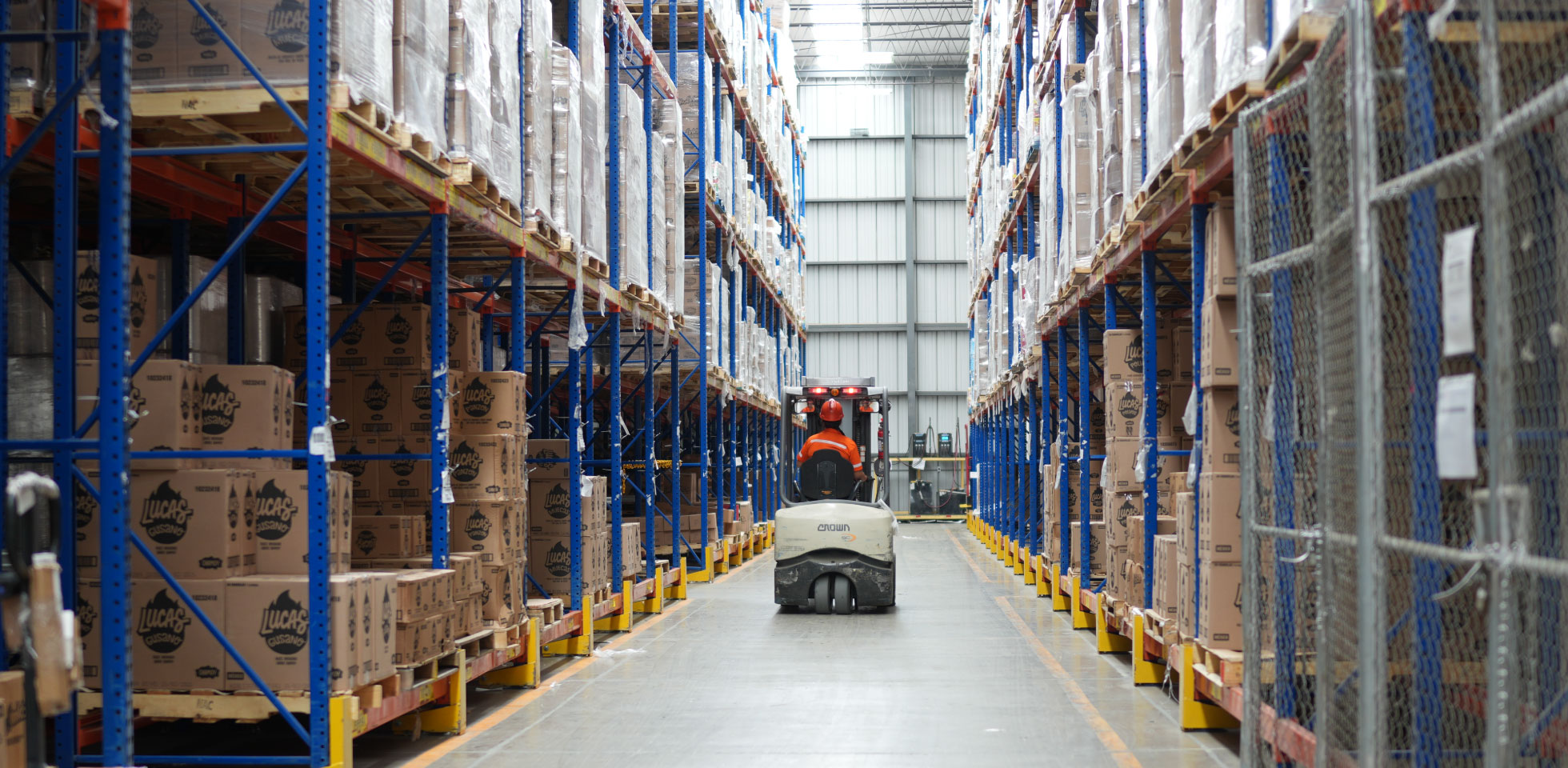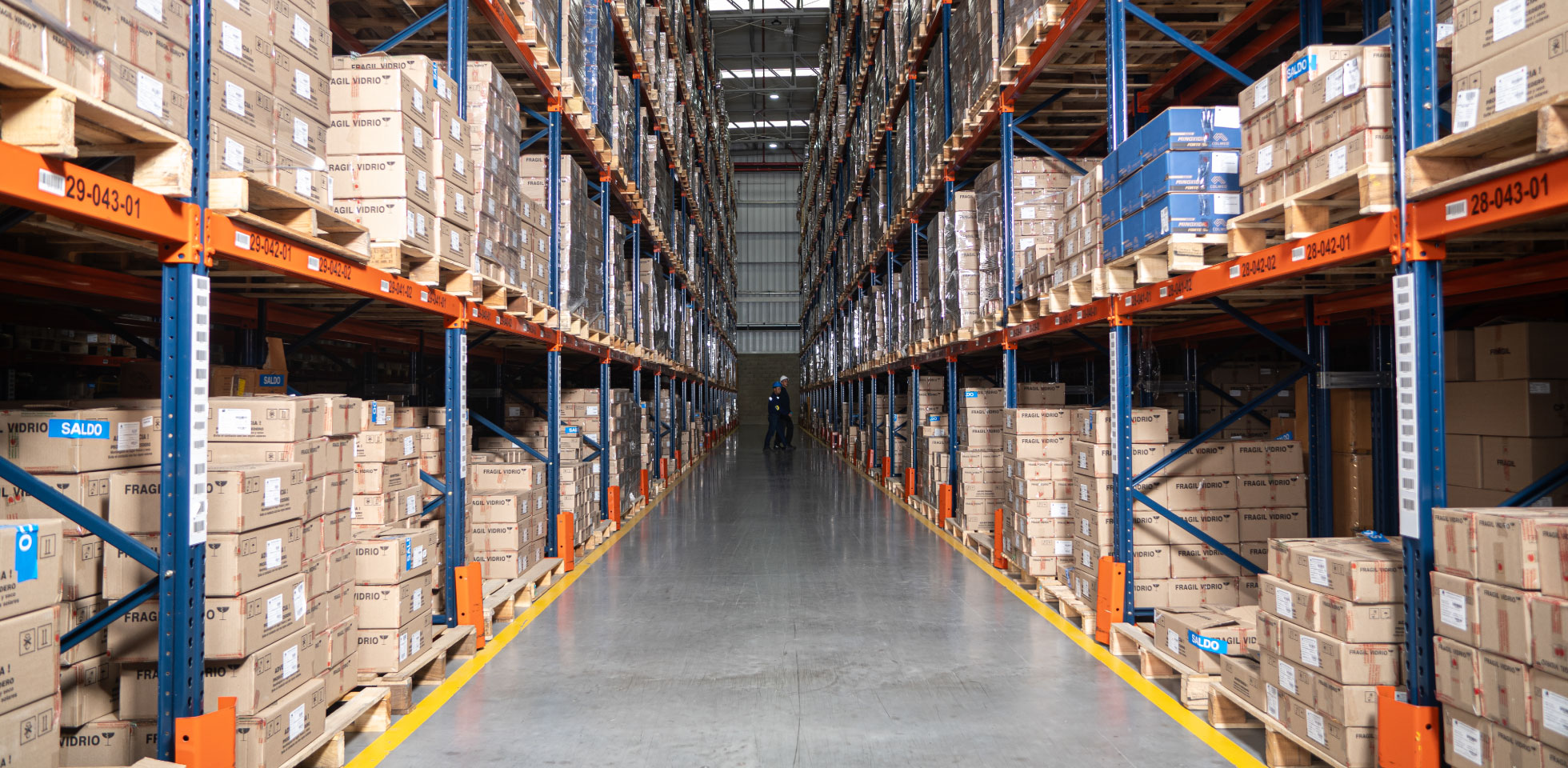Logistics by air has become an almost essential part of foreign trade, both because of the high price of some goods and because of the quickness in delivery end clients demand.
Air freight offers great advantages for moving cargoes from one country to another or within the same country. Though you need to know how it works to see if it offers the best benefits for your company and still be profitable.
Using this type of transportation works better for perishable or high-priced products, products that demand fast restocking, and products for which buyers demand urgent deliveries.
In the last years, the boom of e-commerce has increased the demand for air freight because consumers have become very exigent about delivery times and safety and satisfying them has become a factor for companies’ competitiveness.
Which are the advantages of air freight and how can we use it?
As a means of transport that shortens distances, air freight is ideal for exporting certain types of goods. The following are some of its advantages:
- Speed of deliveries. This has a positive impact on customer satisfaction and on the company’s financial costs, as it assures high-priced goods spend less time in transit and helps you get returns on your investment sooner.
- Wide coverage and penetration. They enable a strategic partnership with a network of airlines to make transfers easier and ensure products arrive to destinations located far from seaports.
- Shipment integrity and safety. By spending less time in transfer, your cargo is less exposed to damage, decay, and losses caused by theft or misplacement.
- Paperwork simplification. When compared to sea transportation, air freight demands less and simpler procedures.
Nevertheless, air freight goes as far as the budget allows. Higher costs, less cargo capacity when compared to sea transportation, and thorough requirements for transporting certain products or substances considered hazardous, are some its limitations.
Therefore, it is important to carry out a cost-benefit analysis to find out if your products – either because of their high price, obsolescence potential, or delivery demands of your clients – are worth paying the extra cost of air freight.
How does the logistics chain work for air freight?
Several players have a role in the air freight of exports goods:
- Clients, who may be either the suppliers (senders) or the consignees
- Freight agents
- Customs offices, which process the internment or exit of cargoes
- Air lines in charge of the transporting the cargoes
- Reception, storage, and land freight companies
Logistics and integration companies, such as Solistica, are tasked with coordinating all the above services. The main function of these logistics companies is to act as direct intermediaries between the suppliers and the consignees and to oversee the efficiency of the whole logistics chain. Their management simplifies processes, guarantee the integrity of the cargo, and shorten delivery times.
The logistics chain by air includes these steps:
- The supplier, or sender, asks a broker to ship goods by air and deliver it to a single consignee in a specific and single location.
- The land freight supplier manages the transportation to the airport.
- The customs broker processes the exports documents.
- The customs broker delivers the exports documents to customs officials for inspection and authorization.
- Handling agencies take over the goods in the storage terminal and on the plane’s ramps and storage areas.
- Once the goods have been placed in the aircraft’s hold, they become the responsibility of the air freight line during transit and until they arrive to destination.
- Upon landing, the handling agencies take over again, unloading the cargo and transferring it to the cargo terminal.
- Once in the cargo terminal, the handling agent checks the goods against the documentation.
- Later, a customs agent receives the documentation and processes the importing of the goods.
- Lastly, the imported cargo is delivered to the consignee for distribution to end consumers.
Door-to-door logistics
Aiming to clarify which type of air freight you should hire, it is important to make the distinction of what constitutes air cargo and what is a parcel; this is especially useful for e-commerce companies.
When a product’s distribution demands using diverse means of transport, different legal codes come into play that will classify goods in different ways, even for the same cargo.
According to Mexican laws and international regulations, cargoes of up to 31.5 kilograms in weight and moved over land protected by the truck bill of lading or service guide are considered parcels. Once a plane is used to transport the parcel, it becomes air cargo and will be protected by an airway bill. Once it lands and is transported in trucks or vans, it becomes a parcel again.
The combination of these two services is known as multimodal logistics, the core of door-to-door logistics; door-to-door means from the moment suppliers, or senders, entrust the cargo to a logistics company, until the cargo arrives to its destination.
The complexity of air logistics processes – which involves handling the goods to guarantee their integrity and on-time delivery, and the processing of the necessary exports and imports documents – demands the search for an ally that brings you customized solutions.
Solistica offers a wide assortment of services, including multimodal transportation, to help you meet your needs, and ensure the efficiency of your company’s supply chain and its competitiveness.






